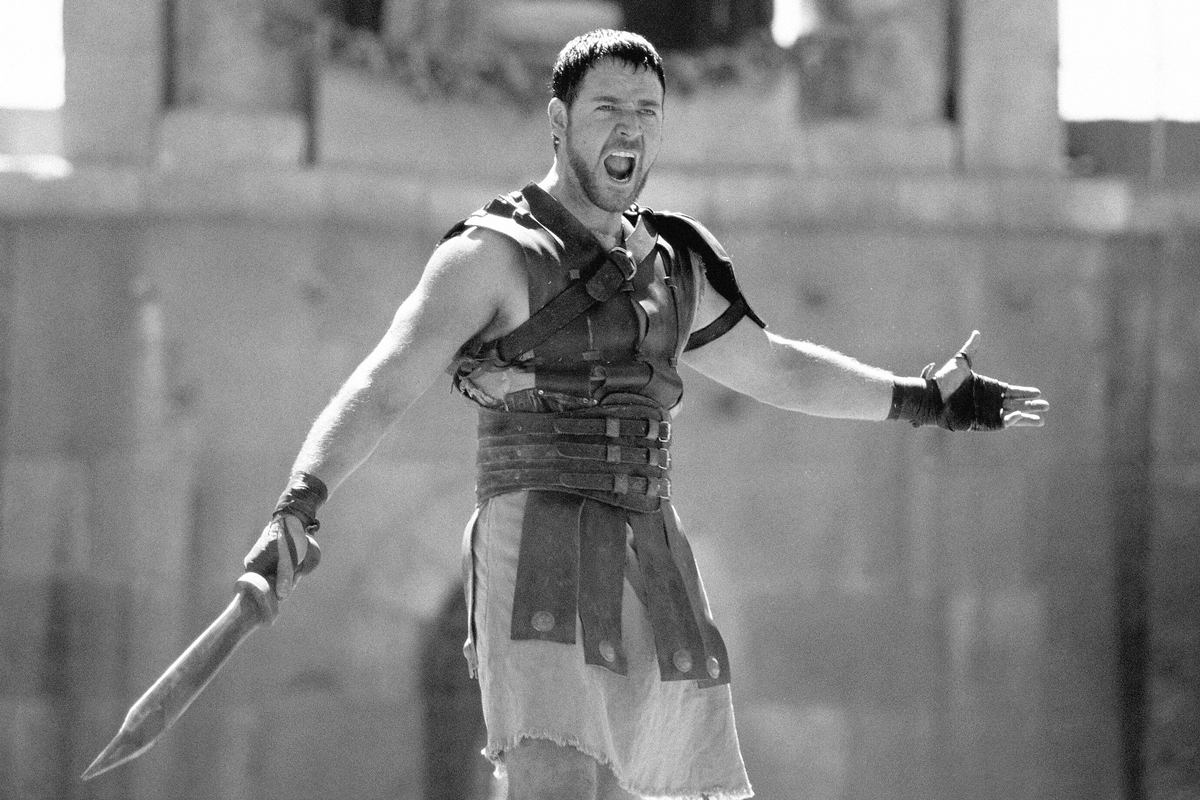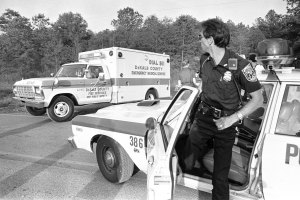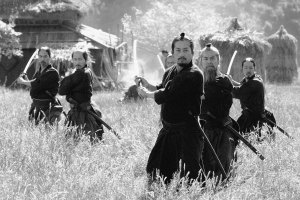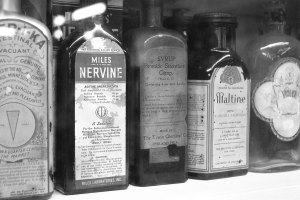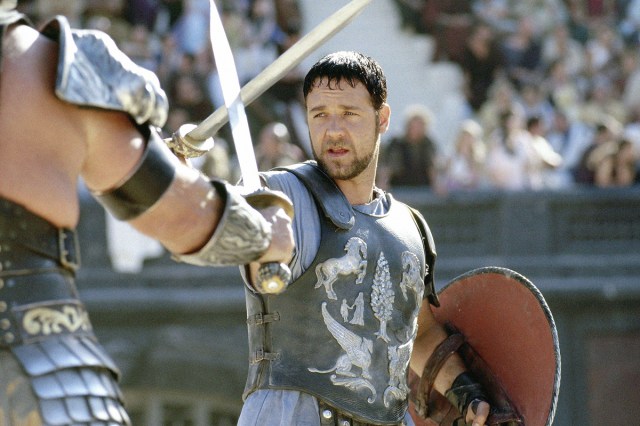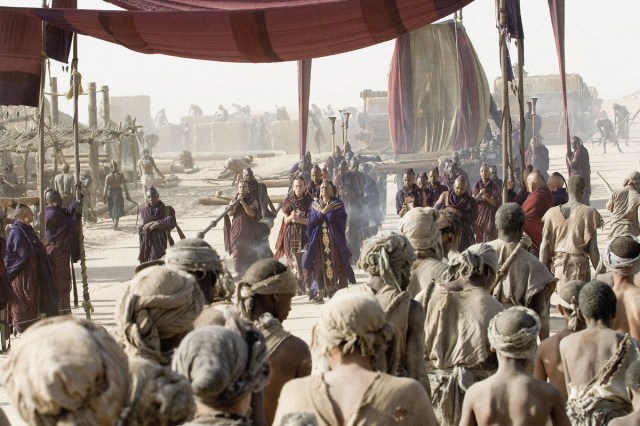5 Historical Movies That Got It Wrong
Movies about history aren’t always known for their historical accuracy, which isn’t really a problem unless you’re basing all your knowledge of Napoleon on Napoleon. Some are especially egregious in their departures from the historical record, however, and the tension between fact and fiction can make for a confusing experience. Here are five historical movies that got the facts wrong.
For similar articles, subscribe to our sister brand Movie Brief, brought to you by our resident film critic Michael Nordine. You’ll receive a weekly review and recommendation of a new movie, whether in theaters or available to stream, as well as a list of 25 must-see movies when you first sign up.
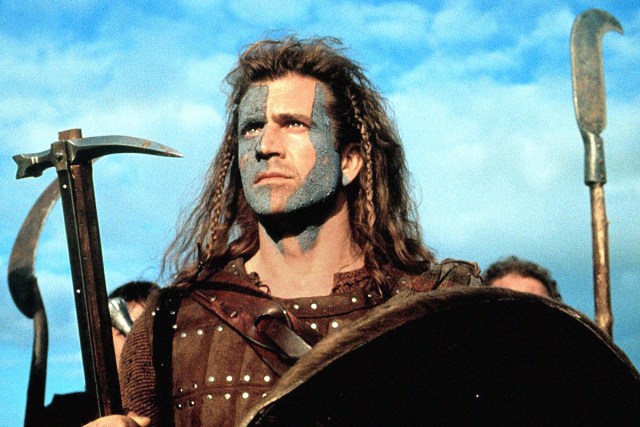
Braveheart
Braveheart was a massive success, grossing $200 million and winning four Academy Awards, including Best Picture and Best Director. If Most Historically Inaccurate Picture were a category, it would have won five. Mel Gibson’s 1995 epic about Scottish independence leader William Wallace is notorious for the many creative liberties it took, so much so that its Wikipedia article features an entire “historical inaccuracy” section with seven different subsections. For one thing, Wallace wasn’t born a poor farmer — he belonged to the lesser nobility — and the wife whose execution spurs his rebellion in the film might not have even existed.
John O’Farrell, author of An Utterly Impartial History of Britain, has cheekily observed that the film “couldn’t have been more off the mark if a plasticine dog was added to the cast and it was retitled William Wallace and Gromit.” Two other Gibson movies — The Patriot, in which he starred, and Apocalypto, which he directed — likewise have little historical basis.





